School is swiftly approaching which means seeing friends again, spending hours in classes, piles of homework and sleep deprivation. Between staying up late to study and do homework, and waking up early to attend school, it is common for students to forgo sleep in substitution for other activities. While it is important to utilize time outside of school for these pursuits, it is imperative that one gets as much sleep as possible each night.
According to the National Sleep Foundation (NSF), teens need eight to 10 hours of sleep per night. While it may not seem realistic, not getting enough sleep causes a numerous amount of problems. A list on the NSF’s website states that lack of sleep can impair your problem solving abilities and concentration, make you more prone to acne, cause aggressive behavior and increase the risk of illness. Along with these dangers, sleep deprivation is inconvenient. The drowsiness that follows a night of little sleep makes getting through the day more difficult than it needs to be. No one wants to spend their entire day avoiding the overwhelming urge to sleep and struggling to keep their eyes open. The best way to avoid these problems is to get the appropriate amount of sleep, and there are various ways to make sure that happens.
The first step to take, is setting a sleep schedule.
“[You should] establish a bed and wake-time and stick to it, coming as close as you can on the weekends.” as the NSF website says. “A consistent sleep schedule will help you feel less tired since it allows your body to get in sync with its natural patterns.”
These natural patterns follow circadian rhythms. Circadian rhythms are essentially your natural clock, according to the National Institute of Neurological Disorders and Stroke (NINDS). The brain regulates them in 24-25 hour cycles, and they control various processes like body temperature, blood pressure, hormones and sleep patterns. When you are exposed to darkness, your brain releases increased amounts of the hormone melatonin to make you tired. When exposed to bright light, the circadian rhythms will reset and it will help wake you up. The traditional “sleep at night wake up at day” sleep pattern stems from this, and setting a sleep schedule based on the rhythms will help you sleep better. It is best to go to bed and wake up close to the same time each day to make getting the right amount of it as easy as possible.
The NINDS recommends that you avoid disrupting this pattern, even on weekends. While it is tempting to sleep in on weekends and rewarding in the short term, it can disrupt your circadian rhythms and cause insomnia by resetting your sleep cycle at a later time. This is just like jet lag, where losing or gaining hour to a time zone change makes it harder to sleep. That’s because of the time difference between the new time to sleep and the time your body is accustomed to. It can take days to adjust to the new schedule when you suffer from jet lag. While sleeping in later on weekends won’t cause as much of a drastic change as jet lag, it will make it harder to go to sleep and wake up when the week returns.
There are also many ways to make it easier for you to go to sleep when the time comes. Some of these are obvious, like cutting down on caffeine and completing homework earlier in the day, while others aren’t as well known. According to the Mayo Clinic website, one way to make it easier to sleep is to minimize the use of electronics. The bright light they emit can disrupt your cardician rhythms, and make it harder to sleep. Turning down the brightness on electronics when you use them close to your bedtime will help prevent them from causing insomnia, and turning it up if you use electronics in the morning will help you wake yourself up.
Another way to make sleep come easier is exercise at the right times.
“[Teens should] try to exercise 20 to 30 minutes a day,” according to the NINDS. “Daily exercise often helps people sleep, although a workout soon before bedtime may interfere with sleep. For maximum benefit, try to get your exercise about 5 to 6 hours before going to bed.” The problem with exercising too close to the time you sleep is that it will increase your heart rate and essentially wake your body up, despite how tiring workouts can be. However, exercise can help prevent and relieve anxiety, which will make it easier to sleep later on in the day.
Another way to sleep better is to avoid things that cause anxiety. This goes back to doing homework and other activities earlier in the day, but it also means you shouldn’t force yourself to try and sleep. According to NINDS, “If you can’t get to sleep, don’t just lie in bed. Do something else, like reading, watching television, or listening to music, until you feel tired. The anxiety of being unable to fall asleep can actually contribute to insomnia.” If you want to sleep and can’t, there is a good chance that your frustration at being unable to sleep will help keep you up. It may seem counter-intuitive to do something other than sleeping, especially when you’re trying to keep to a sleep schedule, but it helps you avoid the stress and gives your body time to tire and prepare to actually go to sleep.
Getting enough sleep every day will help you pay attention in class, concentrate better, stay calmer and stay awake throughout the day. Now is the best time to start setting your sleep schedules and preparing to face the upcoming school year without the urge to sleep every five minutes.










![[BRIEF] The Muse recognized as NSPA Online Pacemaker Finalist](https://www.themuseatdreyfoos.com/wp-content/uploads/2025/03/IMG_2942.jpeg)












































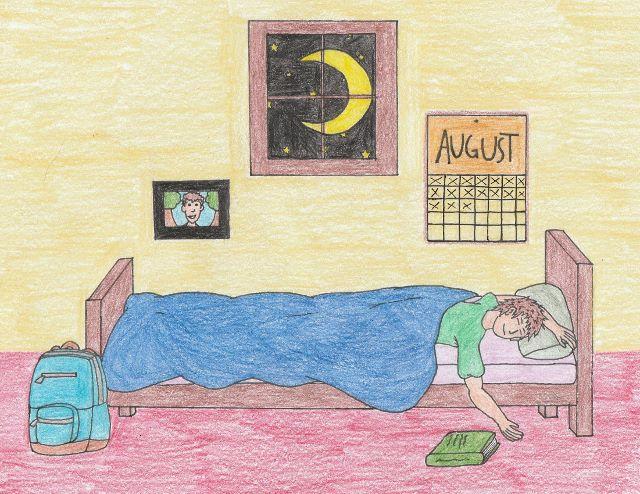
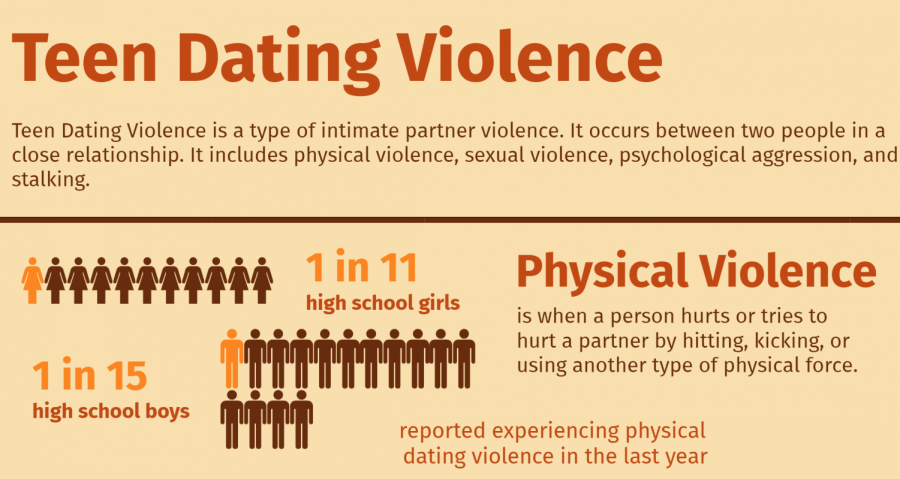


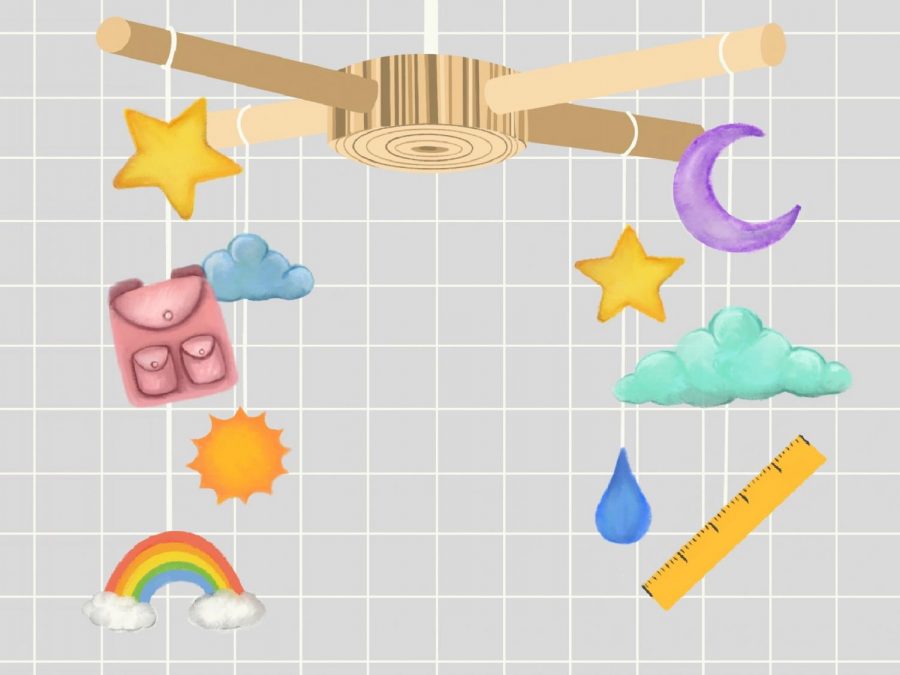
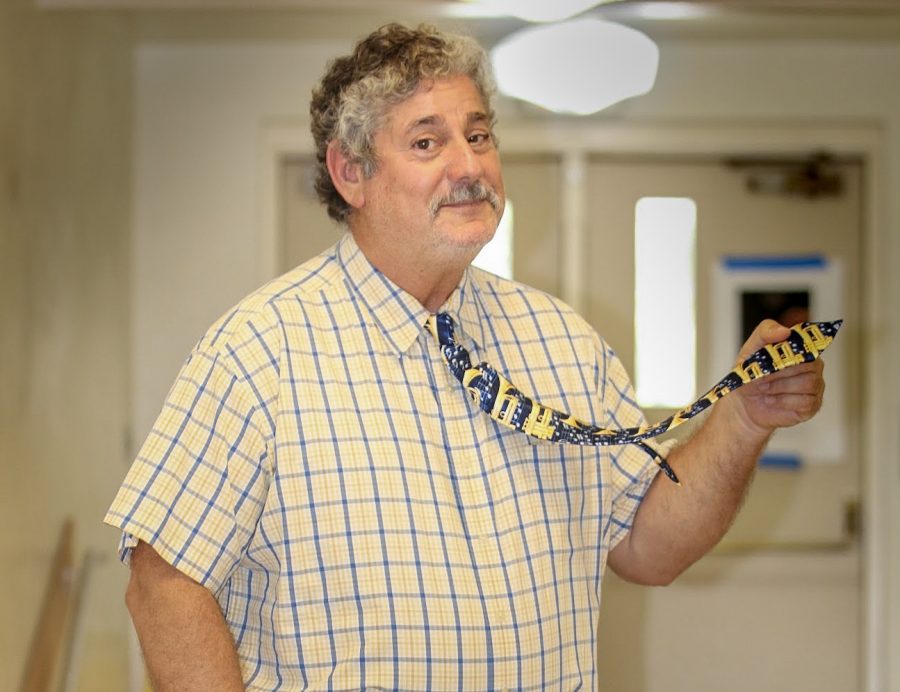




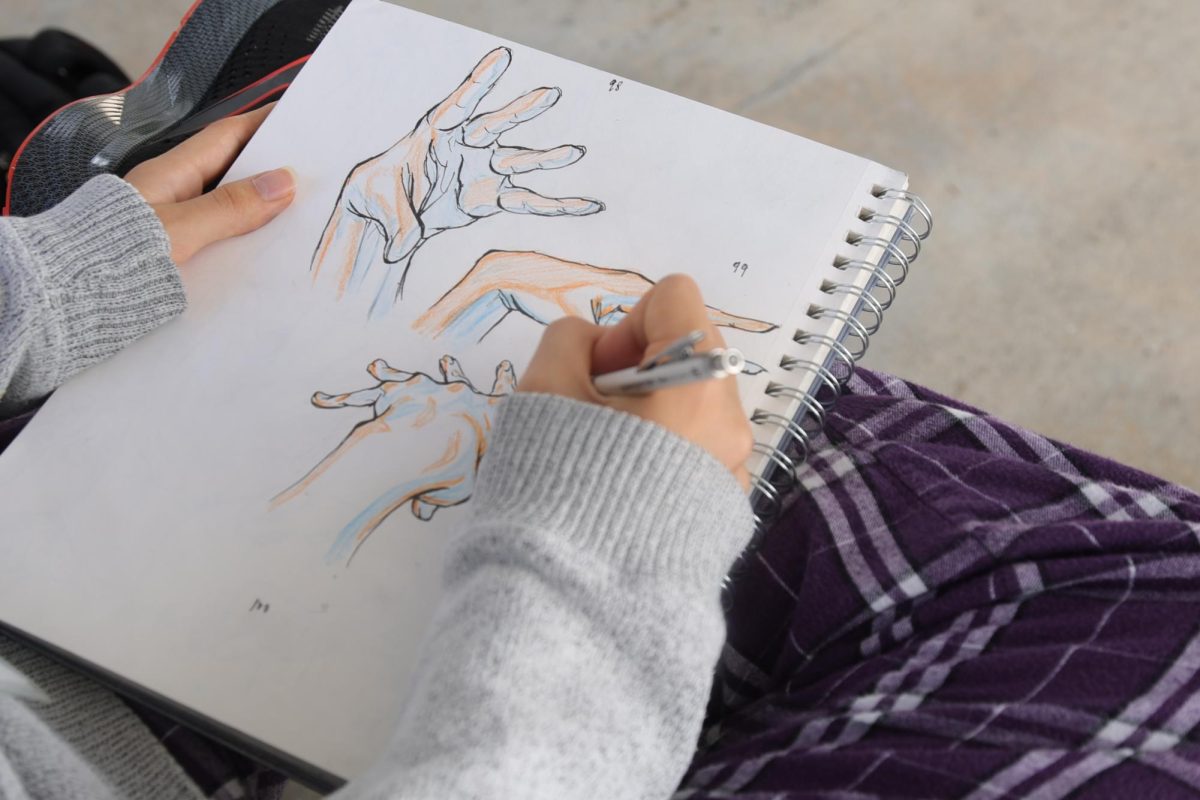



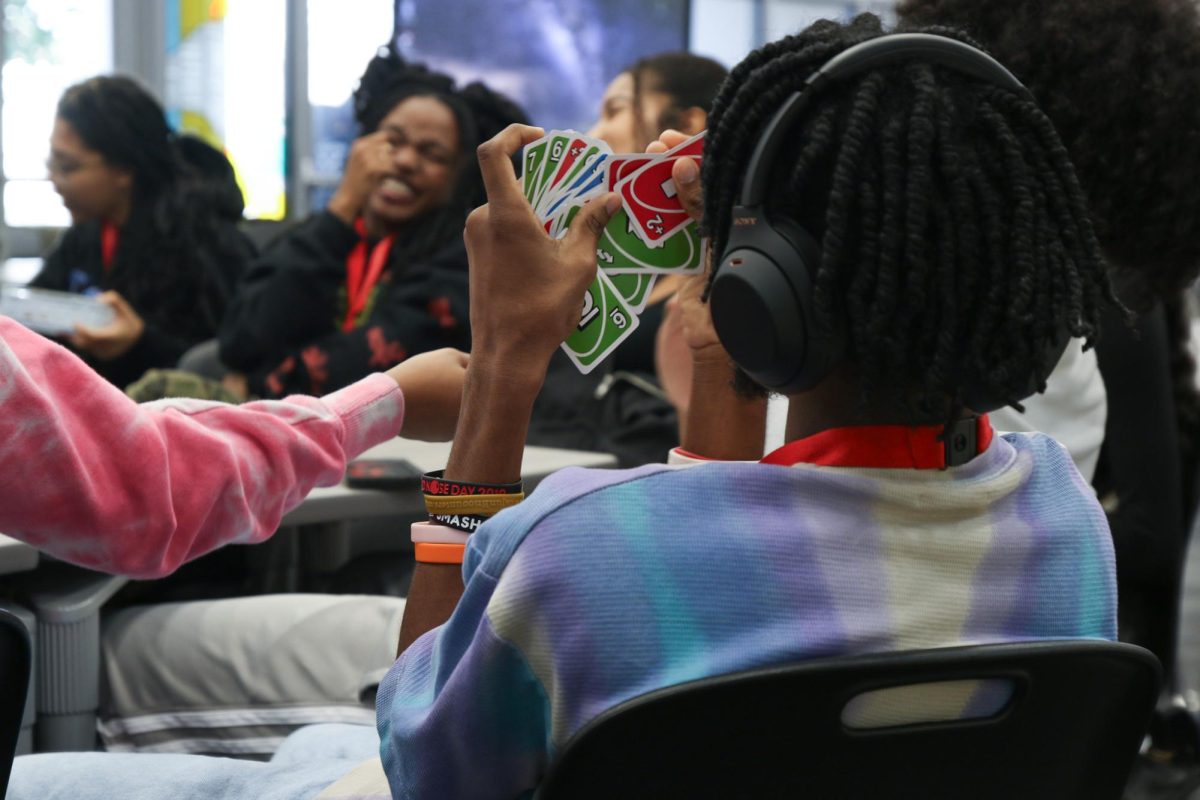


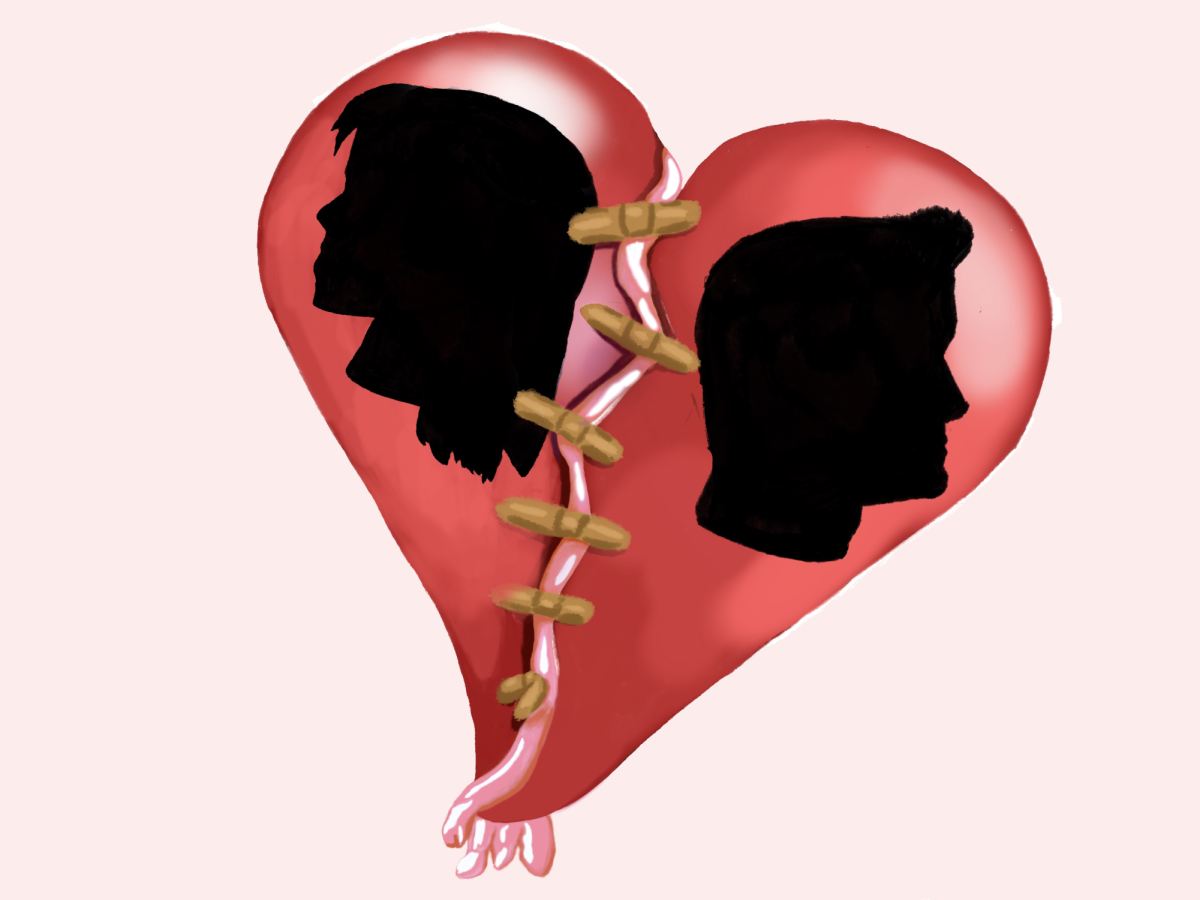
![[BRIEF] Class of 2024 Top 20](https://www.themuseatdreyfoos.com/wp-content/uploads/2023/10/breaking-news-1200x927.png)
